leachates from plastic containers
rollie_me_fl
15 years ago
Related Stories
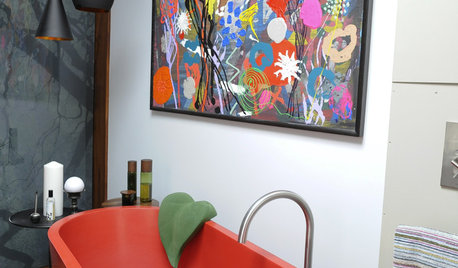
MATERIALSA Hard Look at Recycled Plastic for the Home
It's durable and versatile, but processing takes a lot of energy. We sort through the facts on recycled plastic so you can choose wisely
Full Story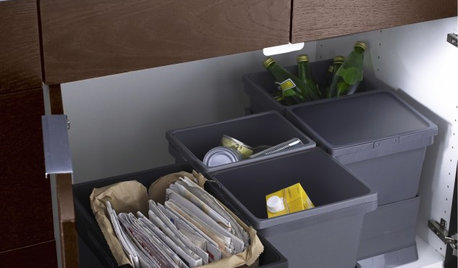
KITCHEN STORAGETake Your Recycling Station From Blah to 'Ahhhh'
Revamp an eyesore setup or just improve recycling efficiency with pullout drawers, stylish containers and innovative solutions
Full Story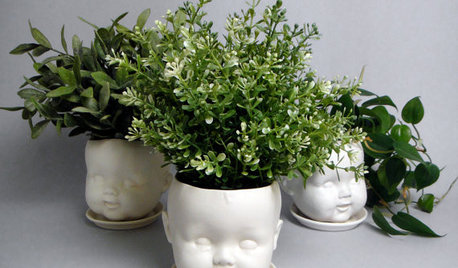
GARDENING AND LANDSCAPINGPlant Containers Head Into Quirky Territory
From the whimsical to the odd, sculptural vases and planters add fun to indoor-outdoor decor
Full Story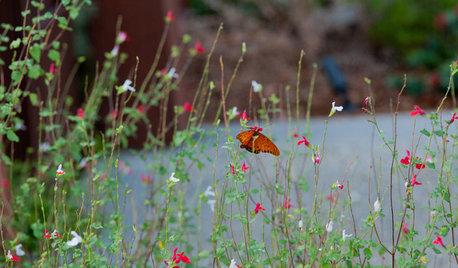
EARTH DAYCreate a Container Wildlife Habitat for Hummingbirds and Butterflies
Don’t let limited space prevent you from welcoming wildlife into your garden
Full Story
DECORATING GUIDES10 Design Ideas From the Bucket Section of the Hardware Store
These hardworking home essentials will add character galore and keep clutter at bay in modern-rustic style
Full Story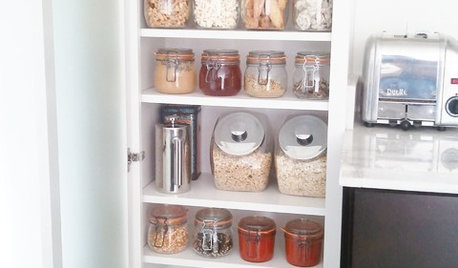
HEALTHY HOME6 Tips From a Nearly Zero-Waste Home
Lower your trash output and increase your quality of life with these ideas from a mom who did it to the max
Full Story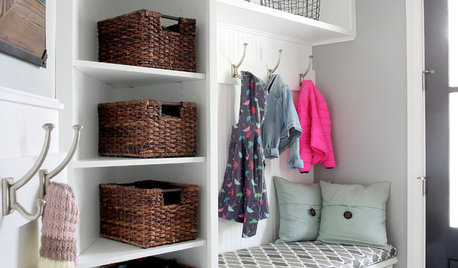
MOST POPULAROrganized From the Start: 8 Smart Systems for Your New House
Establishing order at the outset will help prevent clutter from getting its foot in the door
Full Story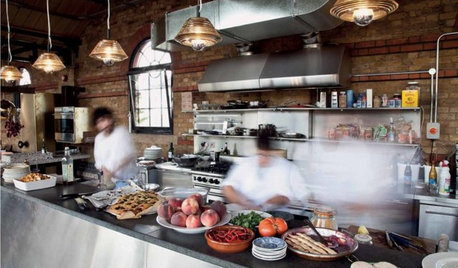
KITCHEN DESIGN16 Practical Ideas to Borrow From Professional Kitchens
Restaurant kitchens are designed to function efficiently and safely. Why not adopt some of their tricks in your own home?
Full Story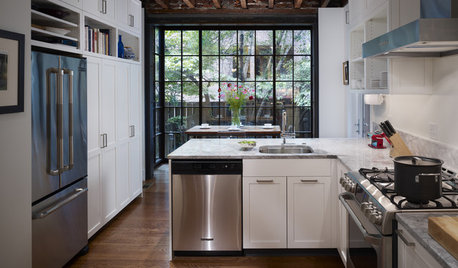
FEEL-GOOD HOME12 Very Useful Things I've Learned From Designers
These simple ideas can make life at home more efficient and enjoyable
Full Story
FUN HOUZZEverything I Need to Know About Decorating I Learned from Downton Abbey
Mind your manors with these 10 decorating tips from the PBS series, returning on January 5
Full Story





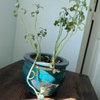
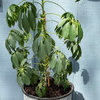
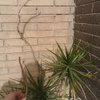

gringojay
jodik_gw
Related Professionals
West Milford Landscape Architects & Landscape Designers · Lakewood Landscape Architects & Landscape Designers · Zion Landscape Architects & Landscape Designers · McKinney Landscape Contractors · Waldorf Landscape Contractors · Waterford Landscape Contractors · Hawaiian Gardens Landscape Contractors · Norwich Solar Energy Systems · Rehoboth Solar Energy Systems · Rockledge Solar Energy Systems · Alum Rock Solar Energy Systems · Columbia Window Contractors · Candler-McAfee Fence Contractors · Aventura Fence Contractors · Bellevue Fence Contractorsgringojay
rollie_me_flOriginal Author
imstillatwork
allonmyown
jodik_gw
aliceinvirginia
natives_and_veggies
jajm4
filix
jodik_gw
bonesci
jusme_newby
filix
jodik_gw
rnewste
jodik_gw
jajm4
mayberrygardener